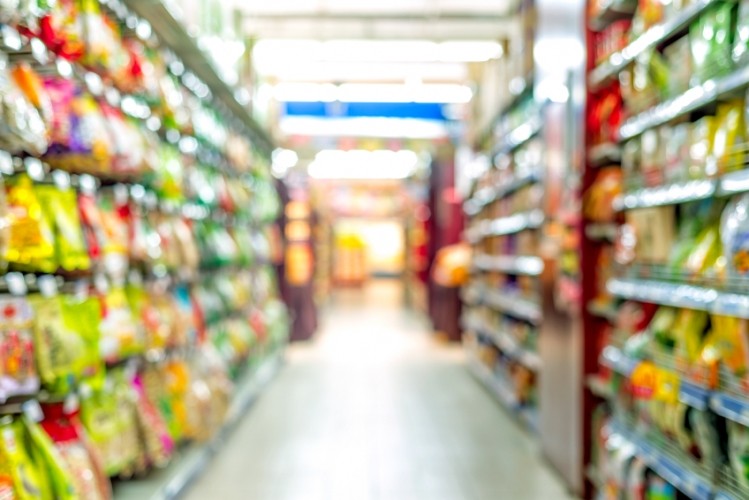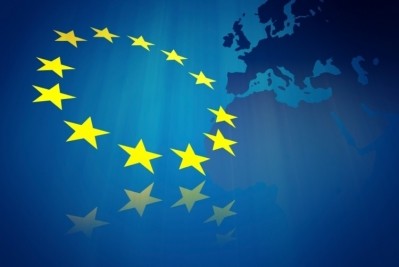Food chain is unfair, says EU task force. No it’s not, say retailers.

The task force (AMTF), made up of 12 independent experts from across the food chain, was asked to examine the position of farmers in the supply chain amid concerns they were the ones bearing the brunt of price volatility and prolonged periods of low prices. This week they published their conclusions.
Most notably, voluntary agreements to prevent unfair trading practices (UTPs) were not up to scratch, they concluded. The schemes – which include the Supply Chain Initiative supported by FoodDrinkEurope – have been “useful to a degree”, but “have not been fully able to address the ‘fear factor’ which often arises when an operator is considering making a complaint”.
In order to prevent UTPs like the sudden cancellation of contracts and payment delays, legislation should be introduced at EU level, the experts noted. This should include “baseline” UTPs, for example maximum payment periods, as well as an enforcement body with the power to carry out investigations based on anonymous tipoffs or its own analysis.
Contracts between farmers and their customers should also have to be in writing.
Price transparency
AMTF also called for greater transparency. Given that information is currently heavily weighted in the retail sector’s favour, the European Commission should consider publishing so-called ‘food Euro’ calculations at both EU and member state level for all major food products.
“… farmers are afforded rather limited (price) information concerning the downstream stages of the supply chain whereas the primary producer prices are transparent,” the report reads. “A missing link is prices […] between processors and their downstream partners.”
This information, covering the distribution of value along the supply chain, would help “disentangle” concerns such as the low share farmers have in the food retail price. The value that different parts of the chain add, including manufacturing, could also be mapped.
This kind of data could also offer up a better understanding of key trends, such as organic, GM-free and antibiotic-free produce, the task force concluded. Consumers would also benefit, the team said.
Retail reaction
Perhaps unsurprisingly, retailers have major misgivings about some of the recommendations.
Eurocommerce, which represents 5.4 million retail firms in Europe, is “dismayed” by the findings.
“These recommendations unfortunately reflect a poor understanding of how the supply chain and normal commercial practice work,” it said in a strongly-worded statement.
EuroCommerce also suggested that AMTF “has succumbed to political pressure and included demands for EU legislative action on practices which have not been identified as problematic in Commission reports on the food supply chain over the past eight years”.
Christian Verschueren, the group’s director-general, suggested that regulating trading practices at EU level will do nothing to help farmers. Rather, farmers need to help themselves, he suggested. “… agriculture needs to be better organised and be more responsive to market signals and consumer demand,” he explained.
The Commission will now review the report and its recommendations. Agriculture commissioner Phil Hogan said strengthening the position of farmers is “a majority priority for me. We will now prioritise our consideration of the report and its recommendations with a view to delivering the appropriate policy response.”
In June, MEPs voted firmly in favour of taking action on UTPs, which they said are exposing farmers to risk as well as fuelling overproduction of food and food waste.




















